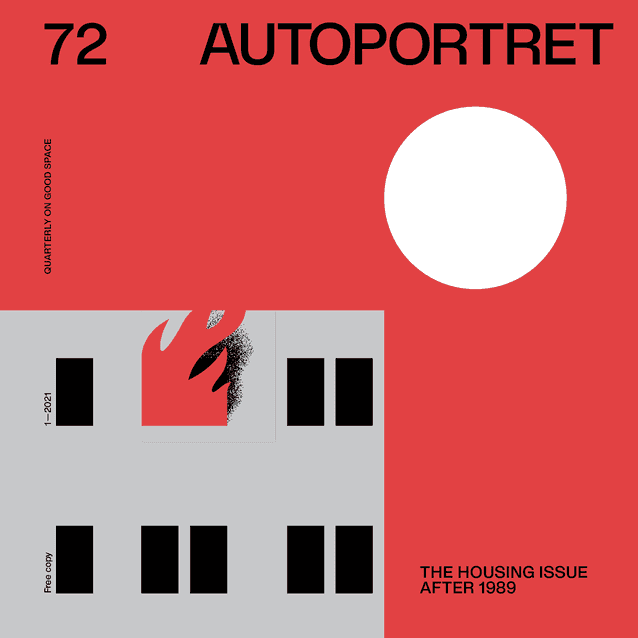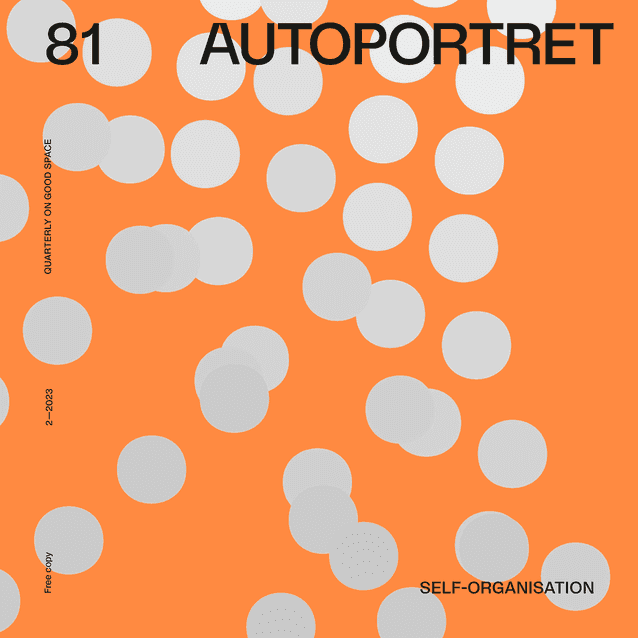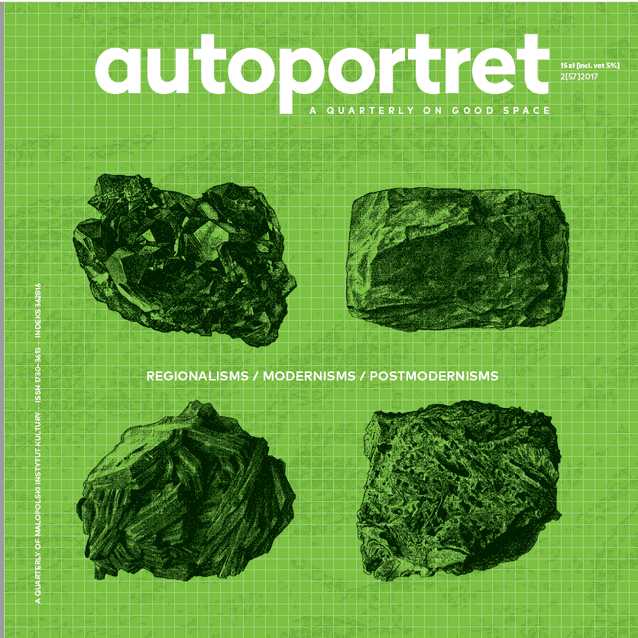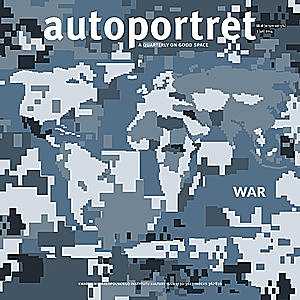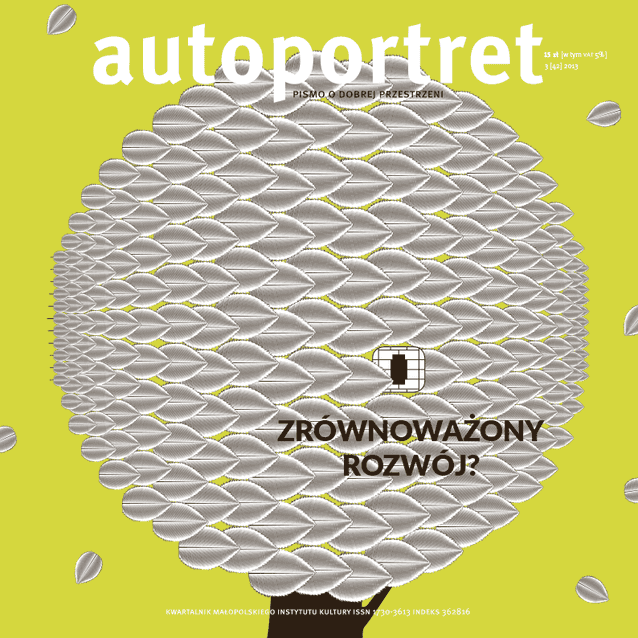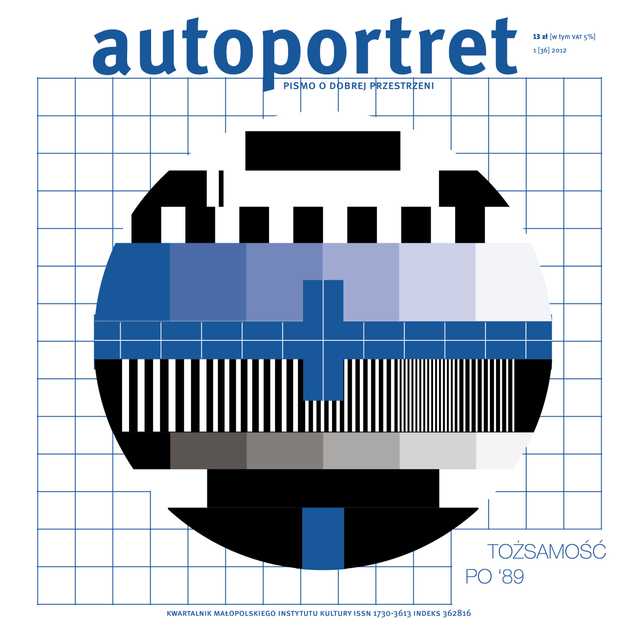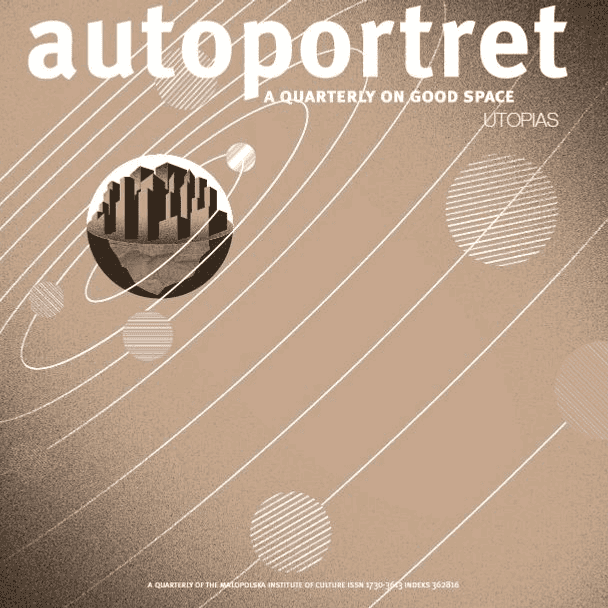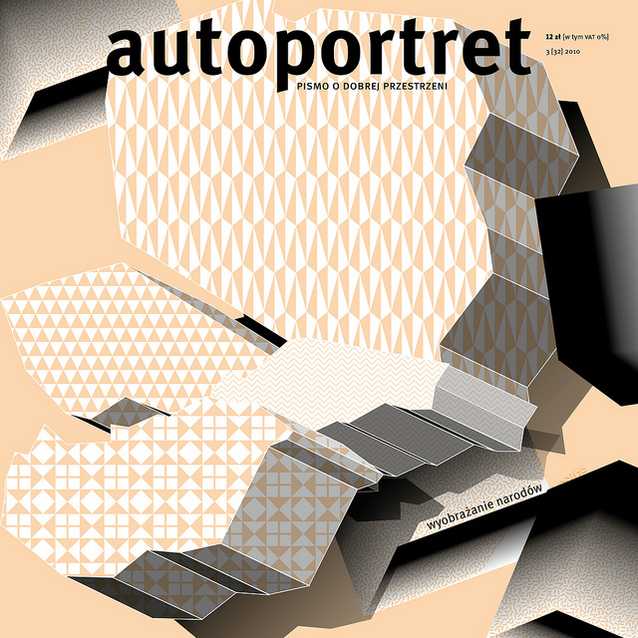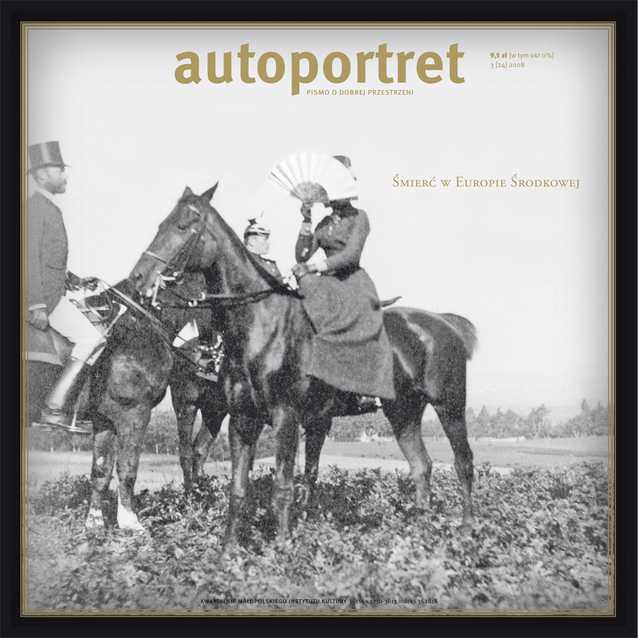I had a happy childhood; I had a happy youth too. When I was sixteen I started asking myself serious questions and rebelling against stubbornness, naivety and blind faith in progress. My experiences were such that whenever I wanted to change or achieve something, I was successful. Today I am not able to say to what extent this was caused by my naive blindness. Yet I felt at home in the country which – in tune with my most profound nature – wanted to improve the world and which believed that people should have the same rights and duties, regardless of their social background. In principle, the country was supporting the right cause in the controversy over ideology and forms of social life. Consequently, I had to get used to the thought that I couldn’t immediately have everything that young people were interested in at the time: jeans, records, a four-stroke motorcycle, a journey across the Atlantic.
1987 dessau – east germany
As a young man who was curious about the world, I was often in conflict with the stubbornness and political fatalism of the official political authorities. However, I discovered a place for myself – in Dessau, in Bauhaus: the institution which was subordinate to the Ministry of Infrastructure in East Germany and in which I was allowed to ask uncomfortable questions and find untypical answers. Bauhaus, renewed in 1986, was supposed to support the expansion of the limited possibilities for architecture, construction and design in East Germany. For this reason, we were regularly visited by creative minds from within the country, from friendly countries (Comecon), and from the West, in order to conduct seminars and exchange experiences. All this gave rise to a creative place which was radiating with independence, while for me – the collaborator – it represented the idea of freedom. Identity as a space of activity.
Following the breakthrough year of 1989, Bauhaus had to redefine itself. Its top-down decreed function was no longer valid. Working on independent, autonomous subjects, which had earlier become the focus of my work, was increasingly coming to the fore. In 1990 a group of young, politically sensitive people from Dessau wanted to own a house. They didn’t know how to do it, so they turned to Bauhaus for help. We asked them to show us the desired house and along with my students we broke into it and started occupying it. The residents of Dessau were afraid to enter the house: they stood in the street and we stayed in the house. It wasn’t supposed to be that way, but it would have been a pity if we hadn’t used the opportunity of taking over the space. For the first five years, the house was a place of intense confrontations with new approaches, laws and duties as well as with new possibilities: the occupation of the house, paying the rent, setting up an association, the purchase of the house, funding applications… The process of adapting to the place started through letting out the rooms and defining and creating the possibility of the use of space. The house occupation became an opportunity to strike up new relationships and friendships. We defined the scope of experimentation which, at the best of times, attracted students of creative disciplines and allowed us to think collectively about the value and possibilities of public space, and – leaving the occupied house – to experiment in the urban spaces of the northern part of Dessau. We enjoyed the grey area between the East and the West. The old system no longer existed, while the new one had not been created yet. This situation gave us courage, inspired us and promised changes. In 1992, along with Ian Johnston (today http://www.ianjohnstonstudio.com/) and Stephen Kovats (today http://www.transmediale.de/de), I founded the “experimental studio dessau-north” (today http://www.jrfischer.com) at the Bauhaus Dessau Academy. We worked with our students on three levels: material, media, and social contexts. As a result, we researched the urban space, made the residents sensitive to the need for change, and put forward specific proposals for waste recycling in urban areas. We recycled construction materials, buildings, parts of the city and tried to attend to the social contexts.
KIEZ e.V. [Kulturelles Informations- und Einwohnerzentrum e.V., the Information and Accommodation Centre of Culture] was founded in 1991. Initially, the association consisted of only seven members. Its main office was the occupied house in Dessau-Nord, and its aim to create a space of free culture for young people at the time of political changes. The association succeeded in writing a programme and recruiting new members (over twenty at the best of times); after they had moved into the house, “they rented it, then bought it and received funding of over 2 million marks from the construction and culture fund which was part of the “Aufbau Ost” (Reconstruction East) initiative. For the first five years, the grants were to be used for refurbishment of the house, equipping it with a café for young people, a stage (which could also be used as a cinema), a carpenter’s workshop, a film laboratory, a youth club, an office, a living space, and a courtyard with a garden. The association still exists and is an important component of the cultural environment for young people in Dessau. The website says: “KIEZ doesn’t stand for a district, but is a nominal abbreviation of the public association Kulturelles Informations- und Einwohnerzentrum e.V. [The word “Kiez” in German is one used by residents meaning neighbourhood. − editor’s note] Only the insiders know about it, but that doesn’t matter: since 1991, in Dessau, the association has become a real institution which develops both cultural and social initiatives. The outcomes of its activity are: the only film club in Dessau, an open youth space, tuition programmes for pupils (carried out by other pupils), artistic activities in the public urban space, the activity of a youth theatre group, and special film programmes for pupils. A small café is the main, but not the only, meeting place for young people.”
To date, our work includes the occupied house KIEZ eV. (Kulturelles Informationsund Einwohnerzentrum e.V., http://kiez-ev.de).
And now? Twenty years later? Although I don’t live there anymore, Dessau is still a very interesting city. The nature of official politics hasn’t changed. The politics of the city is still guided by the blind faith in progress now embodied by the great investor who will bring jobs and wealth to the community. Car lobbies build more and more new roads in places where there are increasingly fewer people. It is constantly mentioned that we need to be prepared for the arrival of “the great investor”, who somehow never arrives.
It prompted us to set up our own company (http://oststrand-dessau.de/) which in 2010 purchased a house along with the land situated in the centre of a controversial plan of road reorganisation and in a nature space which required protection. Unlike twenty years ago, we didn’t have to occupy the house, but were able to buy it. We organised a suitable group of friends who donated some money and made the purchase possible. This property allows us to take legal action against the planned construction of new roads. Without the property, we, the citizens, would be denied any rights. Therefore, the chances of preventing the road construction have increased considerably (http://www. youtube.com/watch?v=9XAcc5Y2cMc).
The concept of our company “Oststrand GmbH” has developed further: we want to build a boarding house for cyclists on the land. The boarding house would create five to eight jobs – a small economic enterprise which brings benefits to the region while being supported by it, as it derives its identity from the region. The company will employ people associated with this place – those who see real value in working in Dessau and in the possibility of making the surroundings more attractive. They will be jobs of a local scope. Nothing artificial, nothing constructed.
What has changed for me within the last 20, 25 years? On the one hand, a great deal. I have understood how certain phenomena and processes function and how Western society operates. I don’t feel forced to pay tribute to a certain type of hyperactivity which ultimately only indulges one’s own vanity. I have learnt to wait, to allow things to mature, and then, at the right time, to make the best decision to the best of my abilities. There are more opportunities than in the past, the horizon has expanded, the tools have changed, and so people have occasionally become more effective…
What hasn’t changed is the fact that I can only rely on myself. If a certain idea is important for me, if I understand its inner strength, if I recognise its laws and behave in a consistent way, I might achieve something good. If I am convinced about it, I can convince others and find partners with whom I can create something of our own. The frequency of lucky encounters hasn’t increased. The enemies haven’t changed either. They are the people who believe that they have understood everything and that they can live without knowledge as long as they have power. They are the people who are too lazy or cowardly to allow unconventional questions, as the answer might be uncomfortable.
What hasn’t changed is the fact that I create my own space of activity identifying myself with places whose quality I take for a space of my own activity.
Translated into English by Agata Masłowska
The limited liability Oststrand GmbH (the East Beach) company was founded in 2010 by fourteen people. The same year the company bought the Wasserstadt 27 building in Dessau–Roßlau, and thus began to realise a small regional enterprise project. The project’s objective is to build a boarding house for cyclists which will offer a variety of accommodation and allow the promotion of a beautiful landscape between the Mulda River and the Elbe River as well as the city culture from Bauhaus to the legacy of Frédéric Prinz von Anhalt among the city visitors (both from abroad and within). It is estimated that the boarding house will provide twenty beds in two separate en suite shower rooms for men and women. In the new three-storey building there will be eighteen double en suite shower rooms with an option of cleaning services. Finally, six lofts can be arranged in the building, like in a boarding house, where guests including scholarship holders of the Anhalt University, guests of the city theatre or the city of Dessau–Roßlau and independent operators of the artistic and cultural scene can stay overnight. Moreover, the building will contain a bicycle workshop, sheltered bike racks, a dance hall with a kitchen, a design office with a kiosk, a sauna and club spaces. In the warm seasons the courtyard can be used as a meeting and party space. The garden behind the house and the meadow at the embankment along the river provide the opportunity to forget for a moment about day-to-day problems.
Currently, the project is being stalled by an ongoing court case about the planned bypass road which precisely this project can help to prevent, and by the futile search for an investor.
